This article is part of a series called Why We Create, where I interview producers, composers, and musicians, and talk about their creative process. I started this project as a way of investigating my own need to create and share music, and of connecting with artists whose work I admire. A few episodes back, I started accompanying each blog post with spoken narration from each of the artists with musical accompaniment. These tracks can be found in a collection on both Soundcloud and Bandcamp: Why We Create – Artists in Their Own Words.
You can listen to the accompanying track for this piece on Soundcloud or on Bandcamp. I encourage you to listen while you read, and also to check out the other tracks and written posts from this series.
Piglet Porch is a prodigiously bearded pan-European singer/songwriter/producer. His stripped-back arrangements leave plenty of space for his powerful and subtly beautiful vocals. He lives a unique existence on the edge of polite society, driven by his need to live simply and create great songs. I had a chance to talk with him a little while ago—about his musical journey and his approach to creativity. Our conversation is below, edited for brevity and clarity.
How did you first discover music?
When I was about 15 or so, I was really into classic rock, along with a lot of my peers. A bunch of us started a band, which we called Remote Control. It happened at a pretty good time—there was a lot of support at the time from the Belgian government for youth creative and social spaces. That support has diminished quite a bit since then.
When we first got together—we used to practice in an old hangar that belonged to our drummer’s grandfather or something—we didn’t have a drumkit, or know who should do what. I had a guitar and could sing, and ended up contributing a lot of the songwriting energy to that band.
We managed to build a strong following, and did some recording, and actually made a bit of money—good money for 16 year olds, anyway. We all got paid better back then than I do for a lot of gigs today. And we all went to these spaces, and saw lots of other bands, and we felt like we were part of a community, which made us want to keep making music and performing. We mostly played originals—that was my first experience with songwriting.
We all went our separate ways when we started to go on to university.
I still listen to some of those songs now, and some of them I still really cherish. I think we made some pretty good music, even though it was clearly made by a bunch of 16-year-olds. I feel lucky that so much of the music I’ve been part of making is still online, and I can still listen to it when I want. I hear different things when I go back to it now – things I maybe didn’t fully appreciate at the time.
Afterward, in university, I played in a cover band called Unicorn Sable – we played acoustic covers, but big and loud – we were a real party band. We played probably hundreds of gigs, which also brought in a nice side income for all of us—we played all the university parties, and did some tours across the region. We never practiced…we just played gigs. We had fun with the material – we liked reworking classic songs into a format that worked well for us.
But eventually, playing other people’s songs stopped being all that interesting. I was really itching to create my own material, and this urge eventually motivated me to create Piglet Porch.
What is that name all about?
Piglet Porch is an anagram of Glitchopper, which is another band that I’m in – it’s a collective thing—all chaotic jams and brainstorms—and a really inspiring atmosphere. We were running the band’s name through an anagram generator one night, and I liked Piglet Porch so much I took it for an artist name.
I started with the goal of releasing one track a month, but I ended up blocked and not really able to hold up this schedule. I have too many songs that are mostly done, but I think they deserve better. I’ve been more recently releasing demos or sketches or studies or whatever, to get around the problem of songs needing to be ‘finished’ before I put them out in the world.
Names are hard for me. People ask me sometimes what the name means. It means really whatever you think it means.
How did you find that you wanted to write songs?
In Remote Control, I did a lot of the writing. The drummer in the band did some, and the process of arranging songs was a group effort, but mostly it was me that created new ideas. I would usually write something at home, and bring songs to the band to work on and arrange as a group. At the time, I was listening to a lot of 60s and 70s rock, and I wrote a lot of poetry. All that came through in the songs we made.
How do you think about your relationship with your listeners?
I want my music out in the world because I want people who listen to have the same feeling I’ve gotten from music that’s really touched me—I want to have that kind of impact.
I’ve taken on a really daunting project—a rock opera that I’ve written lots of the tracks for. It’s probably 20 or 25 songs that need to be made to complete the whole story. I’m working on this because one of my biggest inspirations is still listening to The Who, and especially their rock opera Tommy. I just keep listening, and it keeps inspiring me…it makes stuff loose inside me that other things don’t, and I love it for that reason.
But I’m starting to want to work more on my solo material. It’s been great to get new ideas and get to know lots of new artists, but now I feel the urge to get back to what I was doing before. I’ve definitely learned a lot by listening to how other people have approached the same material. I’m really grateful that I’ve been able to have that experience.
Why is live performing so important to you?
I’m not sure why, exactly, but I’ve done a lot of it. I’ve spent a lot of time busking on the street, whenever I’m close to a city. That’s been a great way for me to improve my performance skills, and make a bit of money at the same time.
When I’m experiencing a live performance, I can’t imagine a way of getting the same kind of impact than being in the same room with the performers. I can’t get that from a recording, and I want other people to have that experience of my music.
I’m definitely aware of audience reaction while I’m performing, which can really help me tune my performance as I go. But I also sometimes just get lost in the performance, and totally lose track of what’s happening around me. I get into a flow state on stage, which is easier for me when I’m playing with other musicians, but I’ve been finding ways to get into that state with live looping and other solo performing techniques.
I’ve done a lot of live performing in the past, and I really love it. I think it’s the best vehicle for transmitting the emotions I’m trying to convey in my music. The problem is that since I’m so nomadic right now, I can’t gather a band around me. I think for a project like this, I would need a band to perform it the right way. So I’m forced right now to think and write and compose, and perform solo.
For some of the material I’ve been working on, I thought maybe I couldn’t perform it that way—solo on acoustic. I’ve had to rethink the songs a bit to get at that same impact. I’ve also had to work on my vocal technique, which I hadn’t really been taking care of before, since my vocals need to do more in a simpler arrangement.
I’ve also started experimenting with live looping to create a more layered experience around some of the songs, and to create a unique experience of each performance, rather than playing along with pre-recorded material.
I can imagine how difficult it might be to extract the essence of these songs and rework them for this kind of performance.
It’s definitely an interesting experience. When I’m working in the studio, I might start with a drum loop or something, and add all sorts of synths and guitars and whatever. And there’s not a simple way to go from that back to a really simple arrangement. I learn a lot by doing it. I think it’s improving my songwriting.
Tell me about live looping?
I’ve been experimenting with the simplest version of a looping setup I could figure out. I’ve been using my laptop, and Reaper, and some plugins. It hasn’t been easy to set up, and I think I still have a lot to learn about the technique. It’s been really challenging for me to set everything up, and to build the arrangements in the looped performance.
I think it’s worthwhile – the ability for me to improvise with myself during a live performance makes all the effort worth it.
It’s a really different process, and it’s a kind of abstraction I’m not used to. Especially since most of my songs don’t have simple 4/4 and A/B structures that work well in a looped performance. It’s forced me to simplify some of my composition and arrangement, to make the songs work better when I’m live looping.
But I’m also starting to really look forward to going back to playing live with other people. I think that’s one of the most interesting experiences we can have as humans.
What about online collabs?
I’ve been recently doing a lot of collaboration online – I’ve got a whole lot of discord threads with all kinds of people. A lot of these are things I’d never do on my own—I’m working on hip hop, orchestral, soundtrack—all sorts of really eclectic projects. I’m learning how to use my voice differently by using it in new contexts, which is fun and exciting.
I’m working on a project with a soundtrack artist, where my vocal will go over a live orchestral performance, which I love. It’s not lyrical singing – it’s a collection of guttural and screaming sounds. I would never have done something like this on my own.
I also really love the IMF Songwriters Blitz – I really try to participate every week in that exercise, and I end up creating a whole lot of new material. As a result of things like this, I have a whole stack of pretty good songs that are in various stages of ‘done’ I find it so much easier to get into great ideas when I’m working on a game, since the ideas don’t need to come from a personal place – the exercise can really spur a different kind of creativity.
Probably a third of my live set from my recent gigs started as online games.
I have so many partly done collabs right now. What happens is that the spark at the beginning of the collab shows a ton of potential, but that sometimes gets daunting when we’re trying to realize that potential. That for me is often where a collab goes quiet. I apologize for anyone who I’m collaborating with where I fall behind.
One of the favorite songs I ever worked on with was with seán! on IMF, which came together in less than an hour. It’s been dragging on now for months because I’ve been aware of that potential, and the need to really finish it properly.
Reality Check is doing an album with a series of different collaborators, which I think is really interesting. Every track takes on a unique character because of the collaborators, which is different than what would happen without that exchange of ideas.
How did you find IMF?
I was trying to promote my first single, and I was exploring online for ways to get it heard. I found a lot of useful material, and ended up promoting on reddit on several subreddits. I found r/indiemusicfeedback and posted there for feedback, and got some really interesting and helpful responses. I was clicking around and found a link to the IMF Discord, and jumped in, and found a really exciting community.
I especially remember going to Live Community Reviews and seeing the quality of feedback that others were giving, which motivated me to give that same kind of useful feedback to others.
What do you like about IMF?
I’ve found a community there – there definitely have been some people I’ve really enjoyed interacting with, and some of the little side projects that have come and gone. I love seeing people find their own experience in IMF.
I’ve started a few little projects with others in the community. I see that lots of people who show up find the same, even if they’re not people that I personally vibe with – there’s someone who is.
I found a community of creators that I can just talk about my experience with. I feel like people in IMF are part of my network of resources.
It’s really well moderated, and it works because it is. Because it’s an all-ages server, it fills a different niche than other communities I’ve found. It’s a really inclusive community, and it’s open to all sorts of musical genres, which is different from other communities that are focused just on EDM, or hip hop, or whatever.
After I found the IMF Discord, I went out looking for other music discords that were as good, and I didn’t, and the fact that most of them are really focused just on one genre definitely felt limiting to me.
How do you feel about genre, and the recent popularity of genre crossover?
I hope it’s the way forward. I’m actually sure that it is, in this time of democratization in making music. I’m traveling with less than a thousand euros’ worth of equipment, and I’m able to make music that I think sounds pretty good.
It’s a wild west new era of creativity, and we’re all part of it. There are 60,000 songs released every day on Spotify, whether we like it or not. Without the constraints of labels and radio stations and whatever, people seem to be more often doing what they want.
The individual artist is having a harder time making money because of this – how do you feel about that?
I worry about it, but I work to not worry too much. I put in what I think is the right amount of effort to promote my music and stay consistently visible. I’m happy that I have a website that I can channel everything through, which I don’t see a lot of artists doing. It’s a good way for me to highlight what I want to as I’m recording, or performing, or whatever.
But I try to avoid the hamster wheel of chasing numbers, and I recognize that I do that sometimes when I’m not fully conscious of it.
I avoid social media, because I see how addictive it is for me. I actually put hard limits around my online time, because I find it makes me happier, more creative, more productive. I have software that blocks all sorts of things, even Discord, because I see myself using my time and energy in ways I don’t feel good about afterward.
It’s interesting to me that creators (me included) do fall into the gamified aspects of this, but when I dig a little deeper, I find most people have a range of motivations to create—that usually the social media and promotional aspects of making music are often secondary.
I do see some young artists online who are coming into IMF and other communities, and they have the idea that they will make themselves successful by building their online followings, rather than pushing themselves creatively. I think this is a bit backwards.
What do you do with all your time offline?
I practice the piano, and write music, and don’t worry too much about what’s happening online.
I am a nomad – my wife and I are traveling and house sitting and saving money. Our goal is to buy a piece of land in the country, and use that land to build an artist retreat. Maybe we’ll combine that with living off the land, and teaching and other jobs, into something livable. I’ve also been thinking of starting a wedding band, which I’ll be able to do when we’re settled down. This is a good way to make decent money playing music.
A little while ago, I was wondering what it would be like to spend a lot of time every day making music, so I took a bit of a sabbatical, and just worked on creative things. I found that it wasn’t really efficient to work this way – I can’t really be productive creatively working 10 or 12 hours at a time. My sweet spot seems to be 3-5 hours at a time. So that leaves me plenty of time to do other things that can help me meet my financial needs.
I really want to make a lifestyle for myself where I can have 10-15 hours a week to work on my music, and take care of the rest of my responsibilities during the rest of the time.
I’ve developed the habit recently of waking up really early—like 5am—and putting in creative time at the beginning of my day. I wake up, and write for just a few minutes, and move on to work on a song, or do some mixing, or whatever. I’ve found that I can be really productive in those quiet morning hours in a way that is harder for me later in the day.
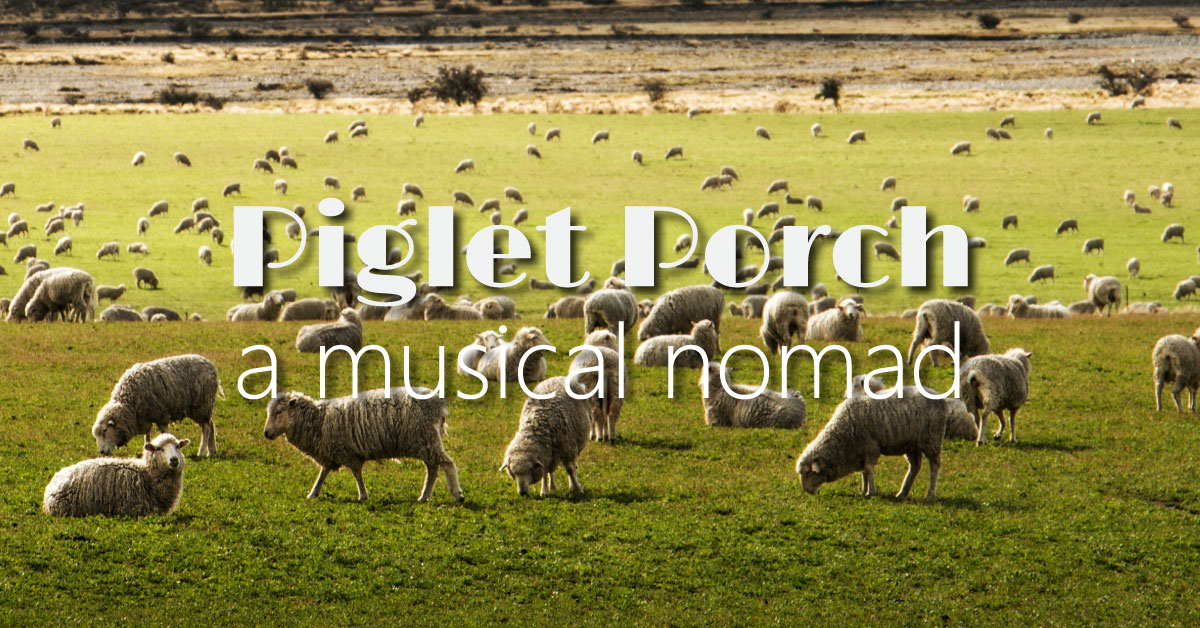
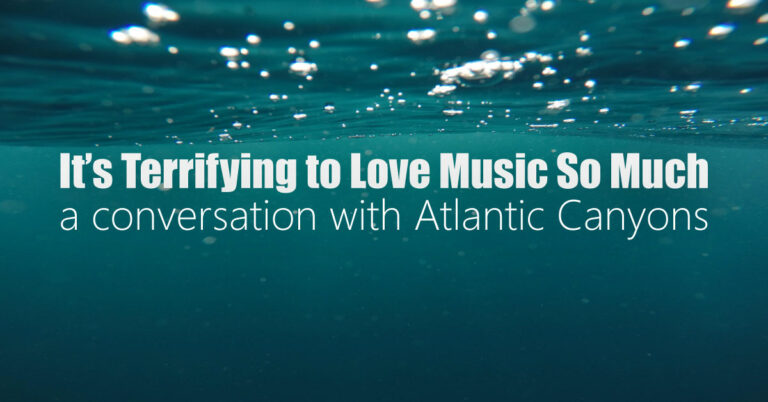
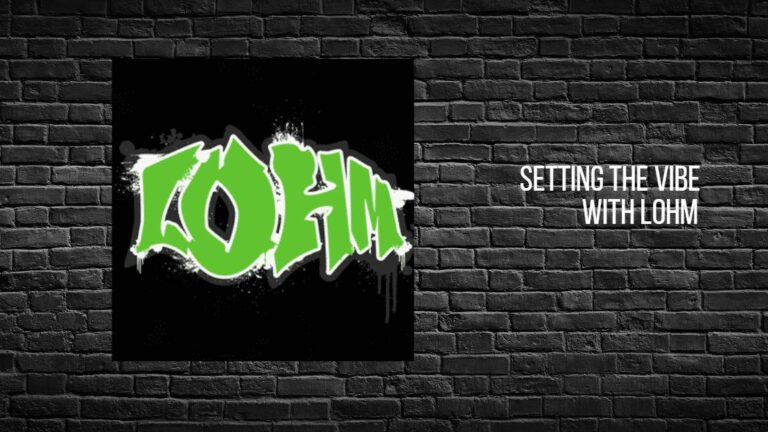
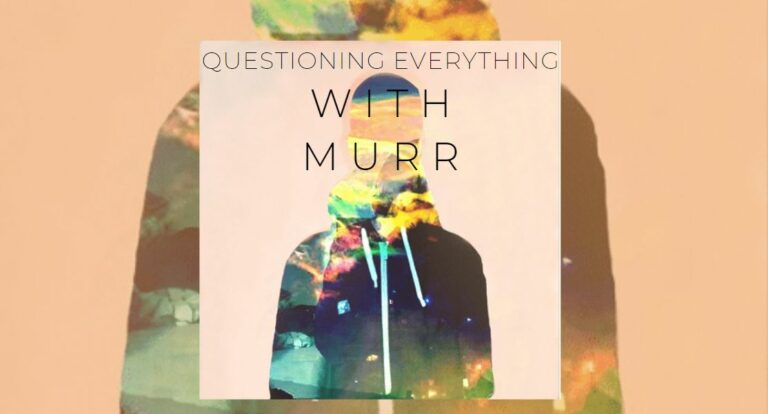
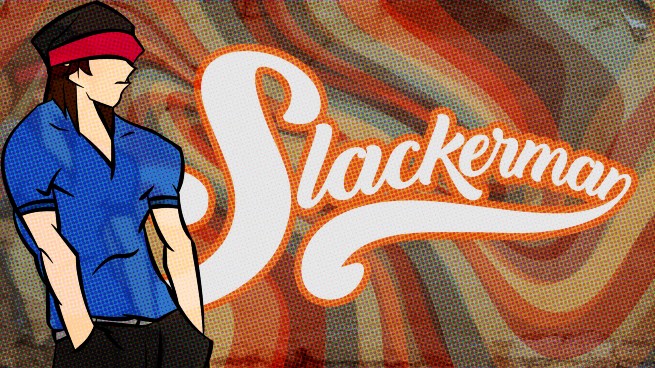
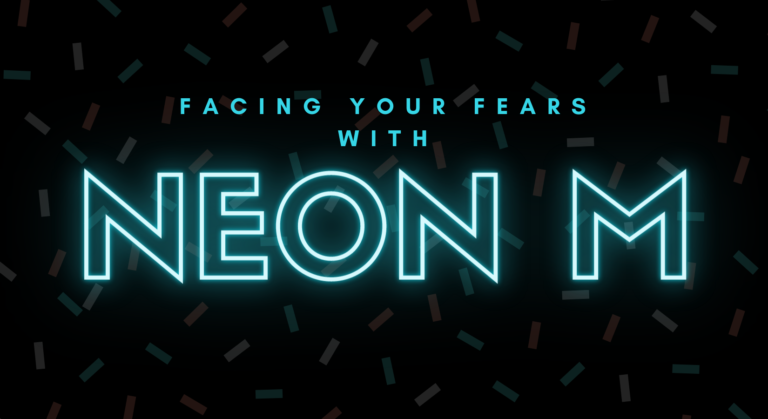
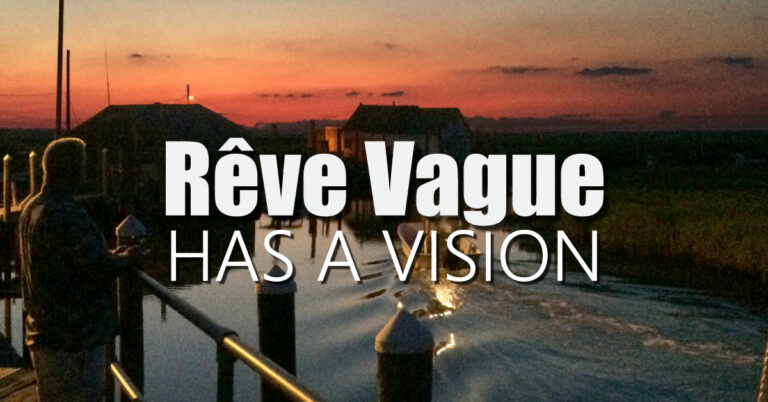
One Comment